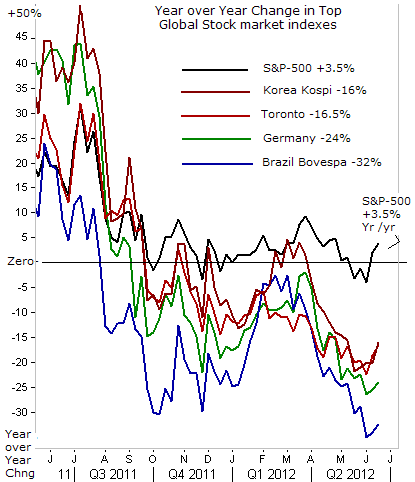The stock market is a dynamic and unpredictable environment, where investors seek opportunities to profit from price movements in various stocks. Traditionally, investors buy and sell stocks with the expectation of making a profit over a longer period of time. However, there is also a different approach to participating in the stock market – stock market betting.
Understanding Stock Market Betting
Stock market betting involves making short-term wagers on the price movements of stocks, similar to placing bets on sports events. Unlike traditional investing, stock market betting focuses on predicting short-term market fluctuations rather than long-term value appreciation. It is a speculative activity that can be highly volatile and risky.
How does Stock Market Betting work?
In stock market betting, traders speculate on whether the price of a particular stock or an index (such as the Dow Jones Industrial Average or the S&P 500) will go up or down within a specified time frame. They place their bets accordingly, either betting on a rise by going long or on a decline by going short.
Stock market betting can be done through various financial instruments such as options, futures, contracts for difference (CFDs), or spread betting. These instruments provide an opportunity to profit from both rising and falling prices, depending on the trader’s prediction.
The Pros and Cons of Stock Market Betting
Pros
Potential for quick profits: Stock market betting allows traders to take advantage of short-term market movements and potentially generate significant profits in a short amount of time.
Versatility: Traders can bet on multiple stocks or indexes at the same time, diversifying their portfolio and spreading their risk.
Accessibility: Online platforms and brokers offer easy access to stock market betting, allowing anyone to enter the market with minimal investment.
Cons
High risk: Stock market betting is inherently risky, and traders can lose a substantial amount of money if their predictions do not materialize.
Market volatility: Short-term price movements can be highly unpredictable, making it challenging to accurately predict market trends.
Emotional stress: Constantly monitoring the market and making quick decisions can be stressful and emotionally draining for traders.
Risks and Challenges in Stock Market Betting
Stock market betting involves a considerable amount of risk and requires traders to manage their positions carefully. Some of the key risks and challenges include:
Lack of knowledge and expertise: In-depth knowledge about the stock market and analysis techniques is essential for successful stock market betting.
Timing the market: Predicting short-term price movements accurately is challenging and often requires precise timing to open and close positions.
Overtrading: Excessive trading can lead to higher transaction costs, increased risk exposure, and emotional burnout.
Leverage: Some financial instruments in stock market betting allow traders to trade on margin, amplifying both potential profits and losses.
Conclusion
Stock market betting can be an enticing option for traders looking to profit from short-term price movements. However, it is important to remember the associated risks and challenges. Traders should approach stock market betting with caution, conduct thorough research, and consider their risk tolerance before venturing into this speculative activity. Consulting with a financial advisor or utilizing risk management strategies can also help minimize potential losses. Ultimately, stock market betting should be approached as a complement to a well-diversified long-term investment strategy rather than a sole method of participation in the market.
